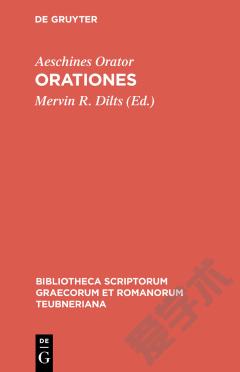Aquinas at Prayer
IF THE TITLE CHOSEN for this article contains a surprise, it almost certainly consists in the juxtaposition of the word "campus" (as in university campus) with the word "mystic." (1) For, it has to be admitted that, as potential candidates for the spiritual life, intellectuals nowadays--at least in the popular imagination--are not high up on the mystical scale. Contemporary academics, indeed academics and intellectuals in every age, tend to be a talkative and inquisitive group, and are inclined, on occasion, to be hard-nosed and polemical. To their peers, as a result, they almost never look particularly holy or mystical. And, if that is indeed the case, it's something academics share with the very first Dominican preachers who were, for the most part, exuberant and confident men, and relatively well educated. One of the earliest reports about the friars comes from a young man called Peter of Aubenas. Peter chose, in the end, to join the Dominicans but, on first acquaintance, the friars didn't appear at all holy or pious. In fact, he tells us that in his opinion the Dominicans looked far too cheerful and showy, "iocundos et ... pomposos." (2) Now the adjective "pomposos" is not a word that sits easily with the word "mystical." But it is a word that people might just be inclined to link with the word "academic." So, with regard to our title, the question arises: in what sense was Thomas Aquinas really an academic "on campus," and in what sense, if any, being an academic, can he be described as a mystic? I. Aquinas Under Scrutiny: The Judgment of von Speyer If there is something surprising about our title, there is also something that might well appear distinctly presumptuous. For how, at this distance in time, can one hope to gain access to the interior life of a man, a theologian, who was famously reticent when it came to talking about himself and who, in all his writings, almost never spoke in the first person, almost never used the word "I"? That Aquinas was a profoundly wise man goes without saying, but what evidence is there to suggest that his interior life was marked by that depth of spiritual experience, that contemplative intimacy, we associate with the great Christian mystics? Before attempting to answer this question, I would like to draw attention to an extraordinary text--a truly bizarre document in my opinion--that has just recently been translated into English. The author is the celebrated friend and confidant of Hans Urs von Balthasar, Adrienne von Speyer. The text contains a number of negative judgments concerning the contemplative life of Aquinas, judgments based not on any kind of ordinary intellectual reflection on the prayer-life of the saint, but rather on knowledge which von Speyer claims she received from a direct seeing--a direct vision--of Aquinas at prayer. (3) Although not on principle suspicious of such alleged visions, I am by no means persuaded that, in this particular case, von Speyer gained access to the innermost truth concerning the prayer-life of Aquinas. I suspect, in fact, she gained access merely to her own unconscious thoughts and feelings regarding the saint. (4) Nevertheless, the comments von Speyer makes about Aquinas, although they are for the most part mistaken in my opinion, do at least possess the merit of being free of any kind of false unction. Von Speyer is clearly liberated from the need or the desire to appear overpious with regard to the cult of Aquinas. And that is no bad thing. From start to finish, she casts a distinctly cold eye on the question of his prayer life and contemplative experience. So, as we begin our own reflections on this matter, von Speyer's "revelations," whether we judge them to be basically accurate or almost wholly mistaken, can act as a sharp and immediate challenge to the idea suggested by the title of my article, namely the notion that Aquinas was a great Christian contemplative. Not one vision of Aquinas but two are reported by von Speyer. â¦
{{comment.content}}








 京公网安备 11010802027623号
京公网安备 11010802027623号